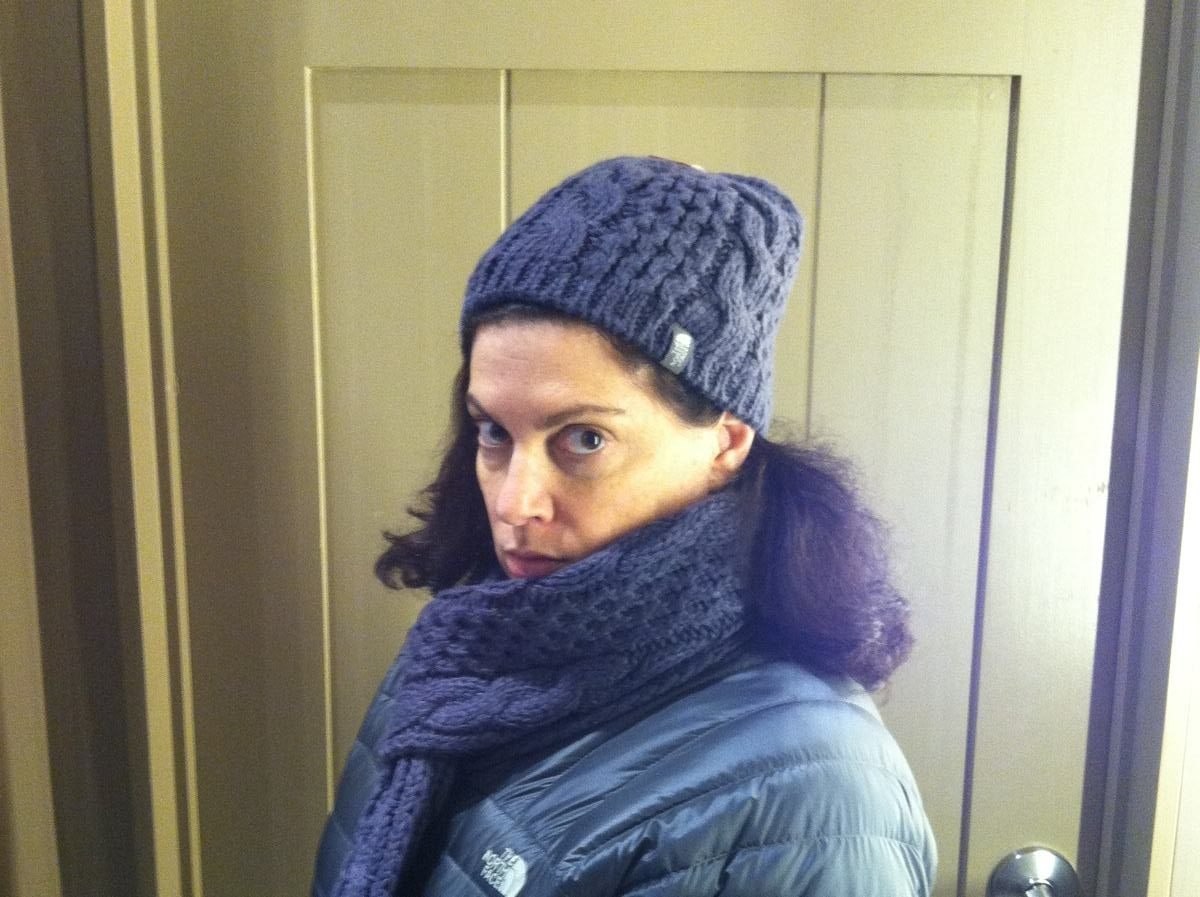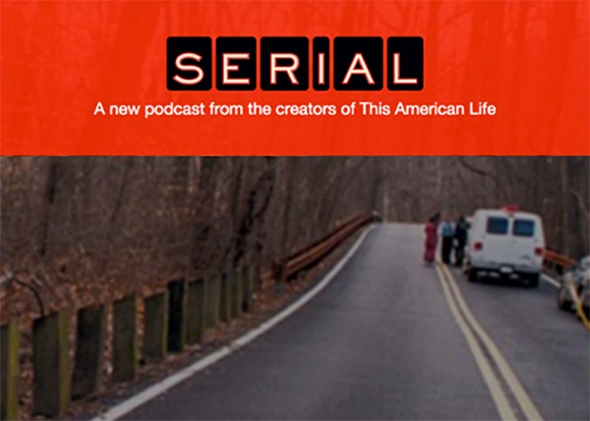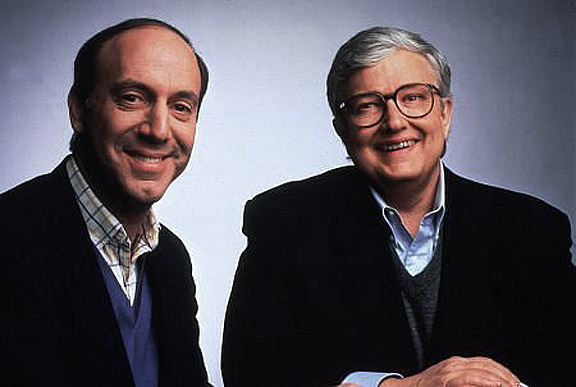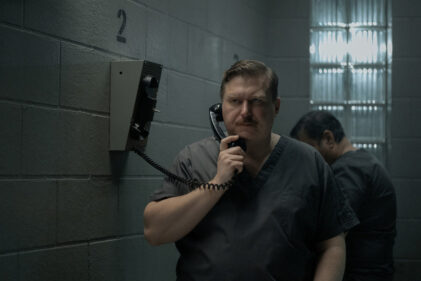The first season of “Serial”
may be over today, December 18, but its fans—and there are many—won’t stop
obsessing over the murder case at its heart, a re-investigation of a Maryland
man’s 1999 conviction of his high school girlfriend.
I
thought I would surely be one of the “Serial” obsessives: I devour
mysteries, old and new. I’ve read true crime. I’ve admired documentaries like
“Murder on a Sunday Morning” and “The Staircase.” Over the
last few weeks, the BBC/Starz drama series “The Missing,” about a British
couple’s search for their abducted five-year-old child, has burned nightmares
into my brain. For me, “Serial”’s pedigree couldn’t be stronger:
here’s a spinoff of “This American Life”; the creator/presenter,
Sarah Koenig, is known for short political profiles, crime reporting, and a
memorable look at a gambling addict who sued a casino.
But
on “Serial,” we’ve heard the style of “This American Life”
style gone slack and meandering. The first episode, which hooked listeners,
found Koenig amazed and astonished that her subject, a convicted murderer whom
she meets in a Maryland prison, could be such a nice, presentable and
well-spoken guy. To his credit, the guy refrains from telling Koenig how naïve
she is. (He’s been in prison a while, so perhaps he’s inclined be patient with
visitors, no matter how silly they are.)
Some
background: Adnan Syed and Hae Min Lee were high schoolers in 1999, sweethearts
until shortly before Lee’s disappearance. She was found dead, six weeks later
in a suburban park. Syed was convicted largely on the testimony of a friend,
Jay, who told police that Syed asked for help in concealing Lee’s body; Jay
pleaded guilty to being an accessory after the fact. Koenig never manages to
score an interview with Jay, the detectives who cracked the case, or Lee’s
family.
Koenig
does locate various classmates of victim and convict. Some gossip, some refuse
to talk. There has to be an hour of chatter between Koenig and her producer,
musing about those interviews that got away. So much musing that it becomes
difficult, at times, to separate fact from supposition. As Koenig likes to say,
“More on that later…,” as though she’s leading into a advertising
break. “Serial”’s crossover audience appeal is remarkable; I’ve heard
it discussed by everyone from older literary-minded listeners familiar with
“In Cold Blood” and other New Yorker magazine crime writing to
20something listeners who wouldn’t be caught dead watching CBS’s “48
HRS” or the more lurid “Dateline NBC.” The medium—longform
podcast—may be new, yet that doesn’t make “Serial” better.
What
does “Serial” serve up? Gut feelings. Koenig starts with a hunch and
more or less stops there. “My interest [in the story]…,” she says.
“Like, you’re a really nice guy.” Even Syed grows weary of that
angle. “To be honest with you,” he tells her. “I feel like I
want to shoot myself, If I hear someone else say, “I don’t think he did it
because you’re a really nice guy.”
Which
is the greatest moment in “Serial.”
Less
convincing, though, are Syed’s sort-of acquaintances, who step forward after 15
years to provide dubious alibis. (Right. And these helpful alibis-come-lately
cannot possibly be contaminated by media accounts or ulterior motives on the
part of the tellers. These people, like, forgot to say anything back when it
counted.) “Serial”’s like a National Geographic Radio Expedition
about capturing vocal fry in the wild.
“Serial”
isn’t, as its creator promises on the show website, “one story—a true
story—over the course of a whole season…we’ll follow the plot and the
characters wherever they take us and we won’t know what happens at the end of
the story until we get there, not before you get there with us.”
It’s
about Sarah Koenig feeling her way through her feelings, ad nauseam.
“Serial”’s been slammed with criticism for Koenig’s “white
privilege.” (Evidence: she remarked upon the teenagerish style of the
diary of the victim, a teenager.) To her credit, Koenig does, in fact, uncover
the racial dynamics that may have been in play at the time of Syed’s trial. Lee
was Korean-American, Syed is Muslim, their pal Jay—Syed’s former friend and
accuser, is African-American. The jury in Syed’s post-9/11 trial was mainly
African-American and believed him. However, “Serial”’s audio clips
from the trial reveal Jay as a calm and diffident witness, even under a barrage
of cross-examination.
Mostly,
though, Koenig’s narrator persona is clueless, prolix and so visible (audible?)
in the story, her words usually come at the expense of other figures and facts.
Which leaves the listening audience to fill in the blanks with speculation.
Which may be the biggest appeal of “Serial.”
Good
true crime stories make you remember both the teller and the tale. Mikal
Gilmore’s “Shot in the Heart” opens with a lyrical remembrance: “One
by one, I had watched them all die. First, my father. Then my brothers Gaylen
and Gary. Finally my mother, a bitter and ravaged woman. In the end, there was
just me, the youngest.” Gilmore-as-narrator sounds old, but he was in his
30s when he wrote his mournful family history, in his teens when his older
brother Gary Gilmore, a convicted double murderer, was executed by firing squad
in Utah.
Joseph
Wambaugh begins “The Onion Field,” with a seemingly mundane look at
the last night in the lives of two soon-to-be murdered L.A. cops. “The
night in the onion field was a Saturday night.” Simple, but believe me,
the author is pissed about what happens next: a series of judicial fuckups and reversals
that will almost make you lose faith in the system.
Hardly
anybody in “Serial” is passionate about anything. (A private
detective and thelawyer from
Virginia’s Innocence Project, interviewed in Episode 7, perk up the
proceedings.) “You’re juggling all these questions and you have to
eliminate them all,” the attorney advises Koenig. “If you get
attached to one you’re going to make the same mistakes that law enforcement
does. I reach a tipping point where I’ve answered questions to my satisfaction
and my answers are better than law enforcement.”)
Sometimes,
the result is unsatisfying—there are no answers. “That’s my fear,”
replies Koenig. “That I’m going to get through all this and be like, I
don’t know.”
I
can live with “I don’t know.” As “The Missing” draws closer to its
sure-to-be-dreadful end, I keep thinking, “The material is so bleak and
terrifying, maybe I don’t want to know.” As the couple (James Nesbitt and
Frances O’Connor) agonize for eight years for their lost son, the actors don’t
even look like the same people they were before. Tragedy, it is said,
transforms a person’s character. But in “The Missing,” tragedy and grief reveal
character: the child’s mother uses her calm, remote manner to shut away her
grief, to cling to a new, protective man. Whereas the father, once a harried
businessman, becomes a crazed, self-styled detective, willing to kill; to go to
the ends of the earth rather than face his loss.
But
“Serial” is real life, and Koenig leans on so many versions and voices that it
becomes impossible to determine what, among all the noise, matters.
I
hope it’s not because I don’t care. I care about miscarriages of injustice; but
“Serial” barely notices justice, let alone how it may or may not have
been miscarried. Dwelling on the minutiae of who sounds nice, who might be a
liar, which interview went well, who’s been helpful: it amounts to nothing.
Koenig notes, at one point, that it’s not her job to exonerate Syed. (Avid
listeners have wondered what, exactly, Koenig job is, then.)
“Serial”
didn’t bother, for too long, with the salient information that Syed’s case is
headed to the Maryland Court of Special Appeals. His lawyers argue that he
deserves a new trial because he had ineffective assistance of counsel. In
short, he’s arguing that first his lawyer sucked. Appeals courts consider
matters of law; they don’t re-try original evidence. The Virginia Innocence
Project is seeking DNA testing on some un-tested physical evidence found at the
crime scene. “Serial”’s final revelation is the pursuit of that evidence. (Though
the scientific tests have no bearing on Syed’s current “bad lawyer” appeal, the
DNA test could indicate that another person was with Lee at the time of her
death, and force another type of appeal.)
For
“Serial” superfans, there’s more fun to be had in ignoring the hard,
boring legal process, and pore over new alibis and alternate theories of the
crime. Maybe it’s useless criticizing “Serial” as a documentary,
because the podcast is something else entirely: a true crime entertainment, a
Choose Your Own Adventure game for the folks playing along at home.
“Serial”’s a hit online, with discussion boards, parody video and
audio clips; hate-listeners, crime-solvers, and some earnestly, thrillingly
living the whole experience as if it were happening to them. Gaming it. You can
be Jay! How would it feel to testify against a friend? Or Asia: Why don’t you
want to get involved? Or Hae Min Lee! Sorry, you can’t play. You have been
murdered. “Serial” forgot about her.
The
lowest and most lurid crime shows (hello, “Dateline”) send a message
that the world’s sad and sick. The best crime writing and documentary asks
something of you. Reading “Shot in the Heart,” you mourn, with
Gilmore, the tragedies of his family, which seems to be cursed with violence.
Watching “Murder on a Sunday Morning,” an Academy Award winning
documentary, you’re outraged that an obviously innocent teenager could be
sentenced to death—until a court finally believed that his confession was
coerced. In West Memphis, Arkansas, three young men served 20 years before
public pressure and justice won out; they were recently freed. A series of
documentaries about them (“Paradise Lost” and “West of “Memphis”) chronicled
their cases. Despite years lost to prison, the men and the films were
remarkably uncynical. They asked us to get involved, to make laws ensuring that
police videotape suspect interrogations in their entirety.
Today
there’s a groundswell of support, among Reddit users, for Lee’s family (who
still have not commented); Redditors have set up a scholarship fund at her
Baltimore high school.
“Serial”
asks nothing of us; nothing more than to muse on counter-narratives and the “idea
of mystery.” And to get set for “Serial”’s second season, already underway.In a way, that’s as cynical as ending
with, “It’s a sick, sad world. More on that later…”












